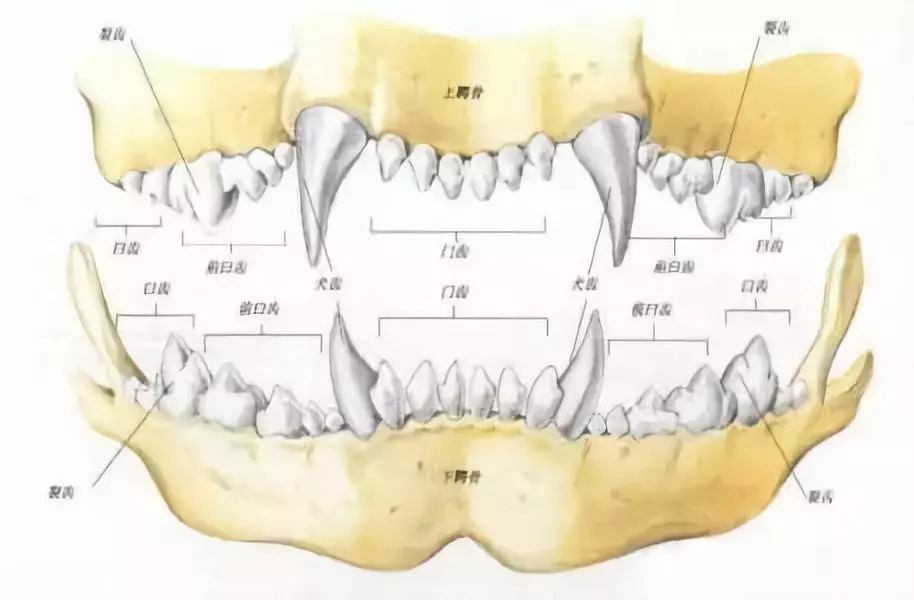** Understanding Pet Monkey Attacks: Causes, Prevention, and What to Do if You’re a Victim
### Description:Owning a pet monkey can seem like an exciting and exotic choice for an animal lover. However, it is essential to understand the complexities……
### Description:
Owning a pet monkey can seem like an exciting and exotic choice for an animal lover. However, it is essential to understand the complexities and potential dangers associated with having a monkey as a pet, particularly regarding pet monkey attacks. While these animals can be affectionate and intelligent companions, their wild instincts and social needs can lead to aggressive behavior, especially if they feel threatened or stressed. This article will delve into the causes of pet monkey attacks, how to prevent them, and what steps to take if you find yourself a victim of such an incident.
#### Understanding the Nature of Monkeys
Monkeys are inherently wild animals, and even those raised in captivity can exhibit unpredictable behavior. They possess strong social structures and instincts that are crucial for their survival in the wild. When domesticated, these instincts can manifest in ways that are not always compatible with human lifestyles. For instance, monkeys may become territorial, especially if they feel their space is being invaded or their social hierarchy is threatened. This can lead to aggressive behaviors, resulting in pet monkey attacks.
#### Common Causes of Pet Monkey Attacks
1. **Stress and Anxiety**: Monkeys are highly social creatures that thrive in groups. When isolated or kept in environments that do not meet their social needs, they can become stressed, leading to aggressive behavior. Signs of stress can include excessive vocalization, pacing, or destructive behavior.
2. **Territorial Behavior**: Monkeys can be very protective of their space and belongings. If they perceive a threat to their territory, they may react aggressively. This behavior can be triggered by new people, pets, or changes in their environment.
3. **Hormonal Changes**: Like many animals, monkeys go through hormonal changes that can affect their behavior. During puberty, for example, young monkeys may exhibit increased aggression as they establish their dominance within their social structure.

4. **Improper Handling**: Many incidents of pet monkey attacks occur due to improper handling by owners. Monkeys require specialized care and training to ensure they are well-adjusted. Mishandling or lack of training can lead to fear-based aggression.
5. **Health Issues**: Illness or pain can also trigger aggressive behavior in monkeys. If a monkey is not feeling well, it may lash out if it feels threatened or cornered.
#### Preventing Pet Monkey Attacks
To minimize the risk of pet monkey attacks, potential owners must take several proactive steps:
1. **Education**: Before acquiring a monkey, it is crucial to educate yourself about their needs, behaviors, and potential risks. Understanding the species-specific behaviors can help you anticipate and manage potential aggression.
2. **Socialization**: Proper socialization is essential for a pet monkey. Expose them to different people and environments gradually to help them become accustomed to new experiences without feeling threatened.

3. **Training**: Positive reinforcement training can help establish boundaries and encourage desirable behaviors. Training should start early and be consistent throughout the monkey's life.
4. **Enrichment**: Providing mental and physical stimulation can reduce stress and prevent boredom, which can lead to aggression. Enrichment activities can include toys, puzzles, and safe climbing structures.
5. **Regular Health Check-ups**: Routine veterinary care is crucial to monitor your monkey's health. Addressing any health issues promptly can prevent pain-related aggression.
#### What to Do if You’re a Victim of a Pet Monkey Attack
If you find yourself a victim of a pet monkey attack, it is essential to remain calm. Here are steps to take:
1. **Assess the Situation**: Try to understand the trigger for the attack. If the monkey is still aggressive, remove yourself from the situation as quickly and safely as possible.

2. **Seek Medical Attention**: If you are injured, seek medical help immediately. Monkey bites can lead to serious infections and should be treated by a healthcare professional.
3. **Evaluate Your Care Practices**: After the incident, reflect on what may have led to the attack. Consider seeking advice from a professional animal behaviorist or veterinarian to address any underlying issues.
4. **Reassess Ownership**: If aggressive behavior continues, you may need to reconsider your ability to care for a pet monkey. It might be in the best interest of both you and the monkey to find a more suitable home for the animal.
In conclusion, while the idea of owning a pet monkey can be alluring, it is essential to understand the potential risks associated with pet monkey attacks. By educating yourself, providing proper care, and being aware of the signs of aggression, you can create a safer environment for both yourself and your pet.